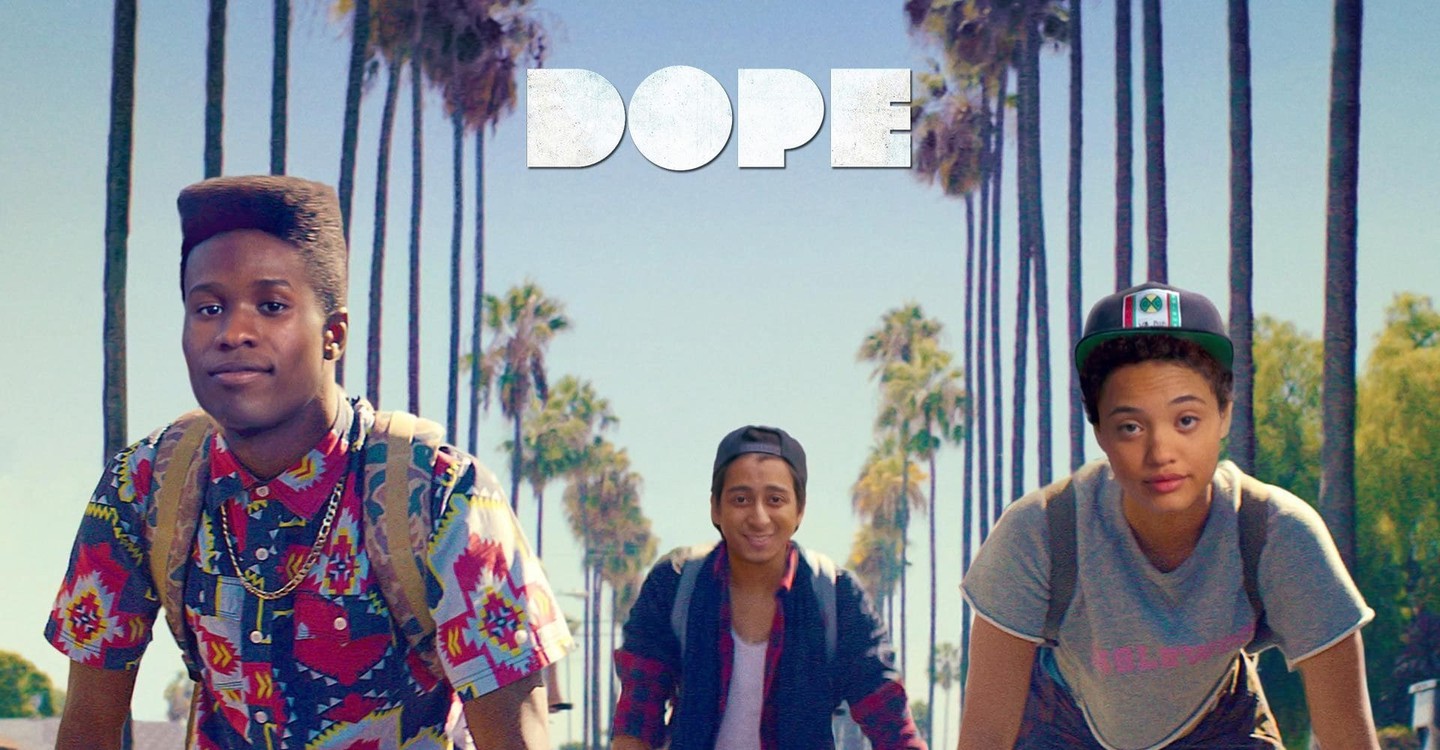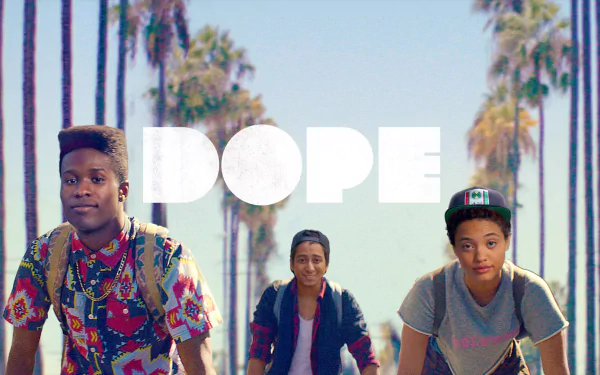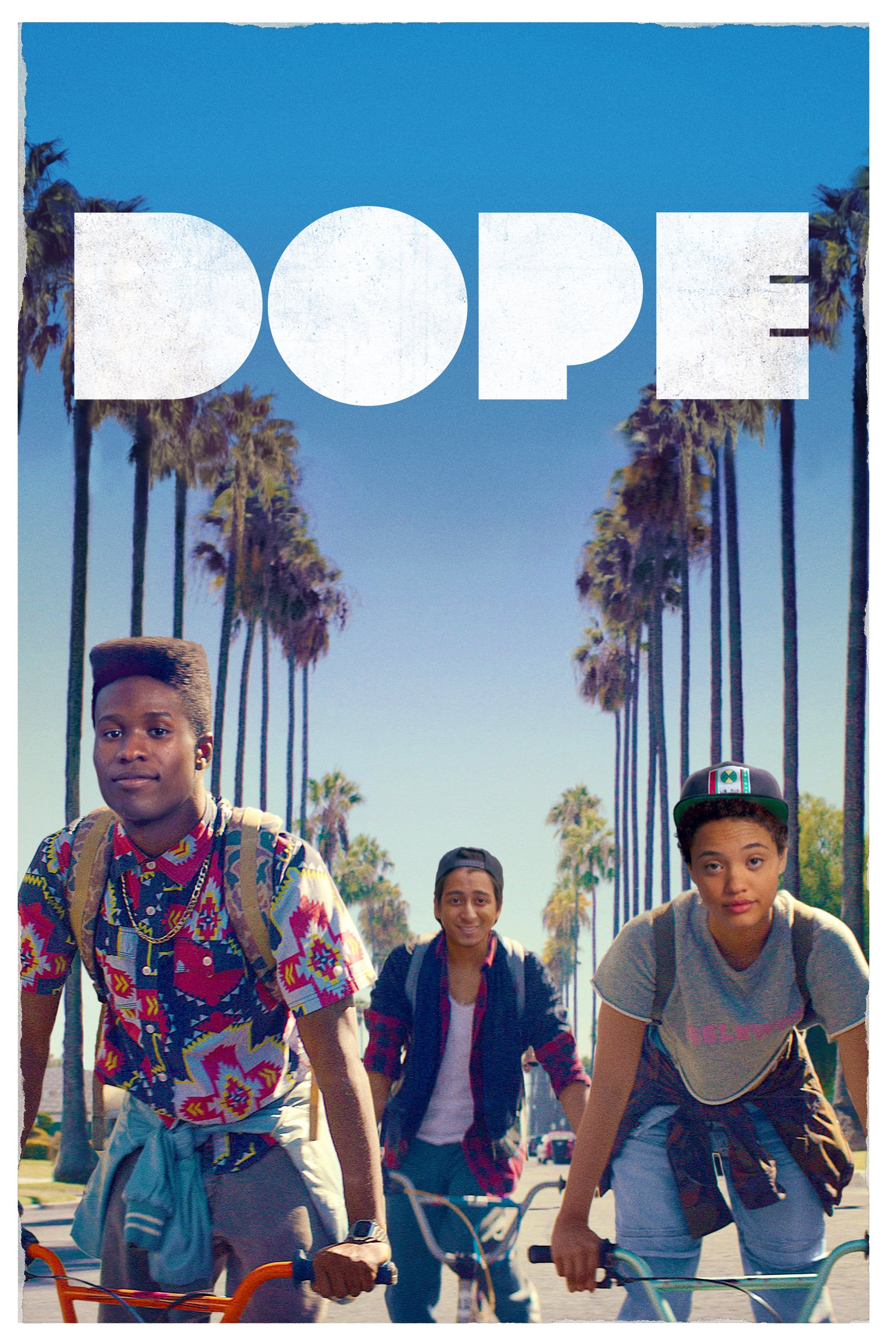Have you ever stopped to think about how a single word can carry so much weight, shifting its meaning depending on who's saying it or what they're talking about? It's pretty wild, really, how some words just evolve and adapt over time, isn't it? Like, you might hear a word and instantly think of one thing, but then someone else uses it, and it means something totally different. This happens all the time with everyday language, and it's a big part of what makes our conversations so interesting, or, you know, sometimes a little confusing.
Consider the word "dope," for instance. It's a prime example of a term that has truly taken on a life of its own, branching out into various interpretations that are, honestly, quite a bit surprising. From street corners to scientific labs, and even in casual chats among friends, "dope" pops up in contexts you might not expect. It's a word that, in some respects, really makes you pause and think about the sheer flexibility of our vocabulary.
So, what does "dope" actually mean when someone says, "dope, I mean"? Are they talking about something amazing, something foolish, or perhaps something else entirely? We're going to pull back the curtain on this fascinating word today, exploring its many layers and how it manages to convey such a wide array of ideas. It's truly a word that keeps you on your toes, you know?
Table of Contents
- The Many Meanings of "Dope"
- The Journey of a Word: Origins and Evolution
- Your Questions About "Dope, I Mean" Answered
The Many Meanings of "Dope"
When someone says "dope, I mean," it's almost like they're inviting you into a little linguistic puzzle. This one word, so often used, actually has a surprising number of definitions, each distinct and carrying its own unique feel. Let's break down the various ways "dope" can show up in our conversations, shall we?
"Dope" as an Illegal Substance
Perhaps one of the most widely recognized uses of "dope" refers to drugs, particularly those that are not allowed by law. You might hear someone say, for instance, that "they were caught smoking dope," which clearly points to marijuana or some other type of illegal substance. It's a pretty straightforward use, conveying a very serious meaning in such contexts. This understanding of the word is, you know, quite common in news reports or discussions about law enforcement.
The term can also show up in phrases like "he has failed a dope test for cocaine," indicating a test for illicit substances in an athlete's system. Similarly, when people talk about "dope dealers on every corner," they are, obviously, referring to individuals who sell illegal drugs. This particular meaning of "dope" is, in fact, one of its oldest and most enduring, carrying a heavy connotation of illegality and danger.
"Dope" as a Person: A Bit of a Fool
Shifting gears entirely, "dope" can also describe a person, and not in a good way at all. When someone exclaims, "What a dope he is!" they're usually talking about someone who is acting foolish, or perhaps just not very bright. It's a term used to convey that a person is, well, a bit stupid or annoying. This sense of the word, you know, first and foremost refers to someone who is foolish or silly, which is quite a contrast to its other meanings.
This usage is typically informal, a casual way to express exasperation or mild criticism towards someone's actions or lack of common sense. So, if you hear someone called a "dope" in this context, it's pretty clear they're not being complimented. It's just a simple way to describe a person who, in some way, is acting like a simpleton.
"Dope" as Excellence: That's Pretty Cool
Now, here's where "dope" gets really interesting and, frankly, quite positive! In modern slang, "dope" is a word that means something is excellent, truly great, or incredibly impressive. Imagine saying, "That movie was so dope," or "Check out this dope new song." In these cases, the word is expressing genuine admiration and enthusiasm. It's a rather new slang word that is, actually, used to define someone or something that stands out in a really good way.
This meaning is very popular, especially among younger generations, and it's used to describe anything from music and fashion to experiences and ideas. It's a quick, punchy way to say "that's amazing!" or "I really like that!" This positive slang use of "dope" is, you know, a testament to how language can transform and take on completely new, even opposite, meanings over time. It's like, a total flip from calling someone a fool, isn't it?
"Dope" as Secret Information
Believe it or not, "dope" can also refer to information, especially the kind that isn't widely known or easily found. Think of it as insider knowledge, or a secret tip. This meaning, you know, came directly from a practice of getting private information. For instance, a "whisper from the stables" might be considered "dope" if it gives you an edge in, say, horse racing. It's information that is, in some respects, valuable because of its exclusivity.
This usage hints at a sense of privileged access, like getting the lowdown on something before everyone else does. It's about having the inside scoop, the kind of data that can give you an advantage. So, if someone asks you for the "dope" on a situation, they're not looking for drugs or calling you a fool; they're asking for the real story, the hidden facts. It's pretty cool how one word can cover such different ground, isn't it?
Beyond the Common: Scientific and Technical Uses
Beyond the everyday slang and street terms, "dope" also makes appearances in more specialized, technical fields. For example, in the world of human biology, "Dopamine, also colloquially called dope," is a neurotransmitter. This brain chemical plays a really important part in motivation, among other processes. It's a fascinating connection, isn't it, how a word with such informal uses also relates to something so fundamental in our bodies?
In electronics, a "dopant" is an impurity that is added to a substance to change its properties, like in semiconductors. So, to "dope" a semiconductor means to treat it with such an impurity. Then there's "dope," or discrete optimized protein energy, which is a statistical potential used in protein structure prediction. This is, you know, a highly specific term in biochemistry. Also, a "dope" can be any thick liquid or paste, like a lubricant used to prepare a surface, as in "use a good pipe dope on the npt." These uses highlight the word's versatility, showing it's not just for casual talk but also for precise scientific and industrial language.
"Dope" as a Verb: Influencing and Treating
The word "dope" isn't just a noun; it can also function as a verb, carrying its own set of distinct actions. For instance, "they tried to dope him" could mean an attempt to administer drugs to someone, perhaps to incapacitate them or influence their performance. This is particularly relevant in sports, where athletes might be "subjected to blood doping," which involves using banned substances or methods to enhance their physical capabilities. It's a serious ethical issue, obviously, in competitive sports.
Beyond the drug-related actions, as we touched on earlier, "to dope" in electronics means to treat a semiconductor with a dopant. This action fundamentally alters the material's electrical characteristics. So, whether it's about influencing a person's state or changing a material's properties, the verb "to dope" implies a deliberate action of adding or introducing something. It's pretty interesting, isn't it, how the same word can describe such different processes?
The Journey of a Word: Origins and Evolution
The path a word takes through language is often a winding one, full of surprising turns and new interpretations. The word "dope" is, you know, a perfect example of this linguistic journey. Its origins and how it came to mean so many different things tell a fascinating story about how language evolves and adapts over time, reflecting cultural shifts and new ways of expressing ourselves.
From African American Vernacular to Widespread Use
The positive slang meaning of "dope," the one that means "excellent" or "impressive," appears to have originated in African American use. This is, actually, a common pattern in the English language, where words and phrases from specific communities, particularly African American vernacular English, eventually make their way into broader popular culture. Think about other terms that describe something good, like "phat bass line," which means a bassline that's rich in texture and has a full sound. These expressions, you know, often begin in specific cultural contexts and then spread, becoming part of a wider lexicon.
This spread speaks to the dynamic nature of language, showing how it's constantly being refreshed and influenced by different groups and their unique ways of speaking. It's a reminder that language is a living thing, always growing and changing. So, the next time you hear someone say something is "dope" in a positive sense, you're hearing a piece of linguistic history that has, in some respects, traveled quite a distance.
When a Single Word Becomes an Expression
It's interesting to consider whether a single word can be considered an idiom or an expression all by itself. An expression, typically, is a word or phrase, especially an idiomatic one, used to convey a particular meaning. In the case of "dope," its various meanings, particularly the slang ones, function almost like mini-expressions. When someone says "that's dope," the single word conveys a complete thought of approval or admiration. It's pretty much a short-hand way of saying something really positive, isn't it?
The way "dope" has branched out into so many distinct uses—from a substance to a person to an adjective for excellence—shows how flexible and powerful a single word can be. It's a word that, literally, embodies multiple concepts, making it a truly versatile part of our vocabulary. This kind of linguistic flexibility is, you know, what makes English such a rich and adaptable language, allowing for endless possibilities in how we communicate.
Your Questions About "Dope, I Mean" Answered
People often have questions about words that have multiple meanings, and "dope" is definitely one of them. Here are some common inquiries folks have about this intriguing word:
Q: Can "dope" refer to both something good and something bad at the same time?
A: Yes, absolutely. This is one of the most striking things about the word "dope." It can, in fact, mean something excellent or amazing, as in "that song is so dope." But it can also refer to an illegal drug, like marijuana or heroin, or even describe someone who is foolish or stupid, as in "what a dope he is." The context, you know, really tells you which meaning is intended, which is pretty important.
Q: Is "dope" a new word, or has it been around for a while?
A: While the slang meaning of "dope" as "excellent" is rather new, its other meanings, particularly referring to drugs or a foolish person, have been around for a longer time. The word's history is, actually, quite layered, with different meanings emerging and gaining popularity at various points. So, it's not entirely new, but some of its uses are, you know, relatively fresh in the linguistic scene.
Q: How do I know which meaning of "dope" someone is using?
A: The best way to figure out which meaning of "dope" is being used is to pay close attention to the surrounding words and the overall situation. If someone is talking about a movie or a song, it's almost certainly the "excellent" meaning. If they're discussing a person's silly actions, it means "foolish." And if the conversation is about law enforcement or substances, it's, obviously, about drugs. Context is, you know, truly everything when it comes to understanding this versatile word. For more detailed definitions, you might check a reputable dictionary.
Understanding a word like "dope" really highlights how language is a living, breathing thing, always shifting and adapting. It's a testament to the creativity of speakers, you know, that a single sound can carry such diverse and sometimes opposing ideas. So, the next time you hear someone say "dope, I mean," you'll have a much better idea of the many layers they might be exploring. You can learn more about this word's fascinating journey on our site, and discover other cool language shifts that shape the way we talk today. It's pretty much an ongoing adventure, isn't it, exploring the depths of our words?



